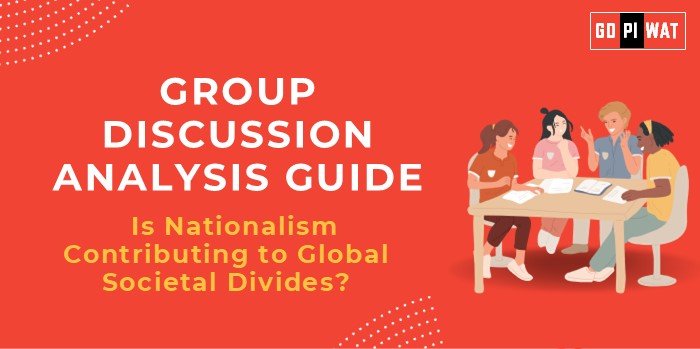🌍 Is Nationalism Contributing to Global Societal Divides?
📜 Introduction to the Topic
Nationalism, a rallying cry for cultural pride and sovereignty, has shaped global political and social landscapes for centuries. However, its resurgence in modern times is often linked to societal divides, protectionism, and challenges to global cooperation. From Brexit to rising trade wars, nationalism’s impact on international relations warrants critical analysis.
📊 Quick Facts and Key Statistics
- 🌍 Populist Governments: Over 20 nations are now led by nationalist-populist parties (2023).
- 🚪 Stricter Immigration Laws: 80% of G20 countries have tightened immigration policies in the last decade.
- 📉 Economic Disparities: Global inequality between nations has decreased, but internal inequality has risen under nationalist policies.
- ⚔️ Ethnic Conflicts: A 15% increase in identity-based conflicts has been reported since 2015 (UN).
- 📦 Trade Protectionism: Average tariff rates increased by 3.5% globally from 2017 to 2022.
🌟 Achievements and Challenges
🏆 Achievements
- 🎭 Cultural Preservation: Nationalism promotes pride and protects diverse traditions.
- 💼 Economic Strength: Protectionist policies bolster local industries, as seen in India’s “Make in India” initiative.
- 🌐 Global Assertiveness: Nations like India and Brazil have leveraged nationalism to strengthen their global positions.
⚠️ Challenges
- 🚨 Exclusionary Policies: Nationalist agendas often fuel discrimination, such as ethnic tensions seen in Myanmar.
- 🤝 Setbacks in Cooperation: Policies like Brexit undermine global unity and economic collaboration.
- 📉 Economic Disruptions: Trade wars, such as the U.S.-China conflict, destabilize global supply chains.
🌍 Global Comparisons and Case Studies
- 🇬🇧 Brexit: Highlighted economic and social challenges stemming from nationalist policies.
- 🇮🇳 India’s NRC/CAA Debate: Illustrated internal divides on citizenship and inclusion.
- 🇭🇺 Hungary’s Border Wall: A controversial example of nationalism conflicting with global refugee policies.
- 🇸🇪 Nordic Model: Successfully balances cultural pride with inclusive and cooperative policies.
🔮 Structured Arguments
✅ Supporting Stance
“Nationalism protects sovereignty, fosters cultural revival, and boosts local economies, especially in a rapidly globalizing world.”
❌ Opposing Stance
“Unchecked nationalism undermines global unity, marginalizes minorities, and disrupts international collaboration.”
⚖️ Balanced Perspective
“While nationalism builds pride, its exclusionary tendencies risk deepening societal divides. A cooperative and inclusive approach is essential for harmonious coexistence.”
📄 Connecting with B-School Applications
- 🔍 Real-World Applications: Understanding the effects of nationalism on multinational operations and global trade strategies.
- 📈 Case Study Exploration: Analyze how nationalist policies influence corporate decision-making and international diplomacy.
📚 Sample Interview Questions
- 1️⃣ “How does nationalism impact global business strategies?”
- 2️⃣ “Can nationalism and globalization coexist harmoniously in the modern world?”
📖 Conclusion
Nationalism remains a double-edged sword. While it fosters unity and cultural pride, its potential to divide societies and disrupt global progress is undeniable. Striking a balance between national identity and international cooperation is essential to navigate the complexities of a globalized world.


